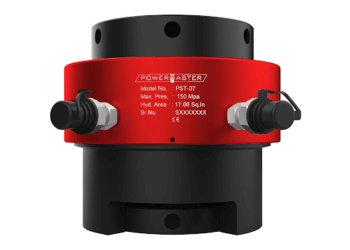Obtaining a personal loan can be a convenient solution to meet your financial needs. However, the application process involves submitting specific documents to ensure smooth and hassle-free approval.
In this article, we provide a comprehensive list of the documents required for personal loan typically required for a personal loan. Additionally, we explore essential information about processing fees and pre-closure charges associated with personal loans.
Documents Required for Personal Loan:
While the exact documentation requirements may vary slightly depending on the lender and specific loan program, here is a general list of documents commonly requested for a personal loan application:
- Identity Proof: Valid government-issued identification documents such as a passport, driver’s license, Aadhaar card, or PAN card.
- Address Proof: Documents verifying your residential address, such as utility bills (electricity, water, gas), rental agreement, or voter ID card.
- Income Proof: Salary slips, income tax returns (ITR), bank statements, or Form 16 for salaried individuals. Self-employed individuals may need to provide business financial statements, ITR, or audited accounts.
- Employment Proof: Employment certificate or appointment letter from the current employer, along with the length of service and designation details.
- Bank Statements: Recent bank statements, typically covering the last 3 to 6 months, showcasing income credits, expenses, and any existing loan obligations.
- Passport-Sized Photographs: Recent coloured photographs for identity verification purposes.
- Loan Application Form: The lender’s official application form, is filled out accurately and completely.
Processing Fee for Personal Loan:
When applying for a personal loan, it is essential to be aware of the associated processing fee. This fee covers the administrative costs incurred by the lender during the loan application and approval process. The processing fee can vary from one lender to another and is typically a percentage of the loan amount or a flat fee.
Before proceeding with a personal loan application, it is crucial to inquire about the processing fee and factor it into your overall loan cost calculation. Comparing different lenders’ processing fees can help you choose the most cost-effective option.
Pre-closure Charges for Personal Loan:
Pre-closure refers to the repayment of a loan in full before the agreed-upon loan tenure. However, it’s important to note that lenders often impose pre-closure charges or penalties for such early repayments. These pre-closure charges for personal loan are designed to compensate the lender for the loss of interest income due to the loan being closed before the specified term.
Pre-closure charges vary among lenders and loan products, and they are usually calculated as a percentage of the outstanding loan amount. It is advisable to carefully review the pre-closure terms and associated charges before committing to a personal loan. If you anticipate the possibility of early repayment, opting for a loan with lower pre-closure charges or no penalty for prepayment can save you money in the long run.
Obtaining a personal loan requires submitting a set of essential documents that demonstrate your identity, address, income, and employment details. Being well-prepared with the necessary paperwork can expedite the loan approval process and increase the chances of securing a favourable loan offer.
Additionally, understanding the processing fee and pre-closure charges associated with personal loans is crucial for making an informed borrowing decision. Comparing the processing fees of different lenders and carefully evaluating pre-closure terms can help you choose the most cost-effective loan option.
Remember, each lender may have specific requirements, and it is advisable to check with your chosen lender regarding their specific document requirements and loan terms. By being well-prepared and informed, you can navigate the personal loan application process with confidence and achieve your financial goals.










